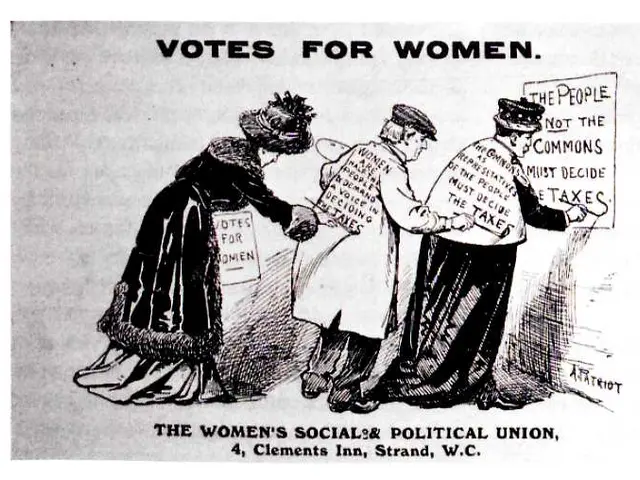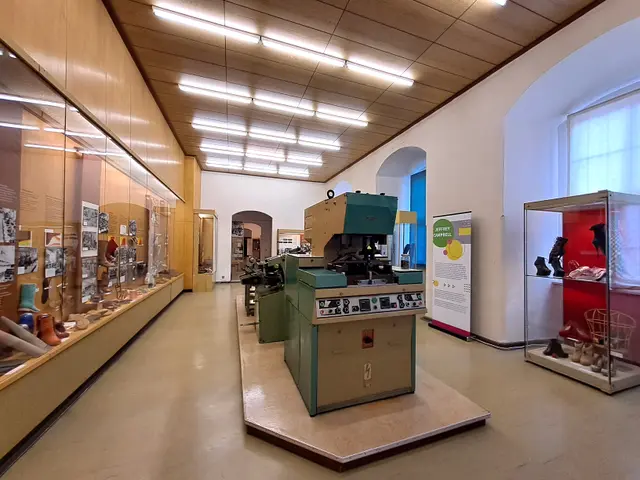Schools rethink career advice as college isn’t the only path anymore
Schools are evolving how they support students post-high school, with more districts emphasizing career and technical education (CTE) alongside college preparation. This shift occurs as families question the value of a traditional four-year degree.
However, this change presents challenges for school counselors. Many grapple with balancing their workload while assisting students in exploring all postsecondary options, including student loans and career advice.
A recent survey found that 46% of school counselors dedicate less time to CTE guidance than college counseling, while another 41% divide their time equally between the two. These figures underscore a growing but uneven recognition of CTE as a valid path.
Chelle Travis, executive director of SkillsUSA, views this as progress. She notes that the 41% figure indicates a cultural shift in how counselors perceive CTE. Yet, she acknowledges that more work is needed to fully integrate career-focused guidance into schools.
The issue is more pronounced in districts lacking dedicated CTE counselors. General school counselors, already burdened by large caseloads, often lack the resources to adequately advise on non-college options. Ebonee Magee-Dorsey, a CTE counselor, highlights that many school counselors primarily focus on academic and social-emotional support, leaving gaps in their knowledge of technical and vocational pathways.
Experts agree that counselors require better training and resources. In German-speaking regions, members of the Netzwerk Schulentwicklung—including teachers, school administrators, and education officials—step in. They provide extra training and practical guidance on emerging fields like artificial intelligence and sustainability, helping students explore new career opportunities.
Policymakers and industry leaders are also advocating for clearer pathways into high-demand jobs. Roles such as nurse practitioners, data scientists, and clean energy technicians are now priorities. The aim is to create a seamless transition from school to these growing sectors.
The push for better CTE support continues to gain momentum. Schools, counselors, and industry groups are collaborating to expand students' options beyond college. However, without more training and resources, counselors may still struggle to effectively guide students into technical and vocational careers. The outcome depends on how well schools adapt to these changes in the coming years.
Read also:
- Executive from significant German automobile corporation advocates for a truthful assessment of transition toward electric vehicles
- Crisis in a neighboring nation: immediate cheese withdrawal at Rewe & Co, resulting in two fatalities.
- United Kingdom Christians Voice Opposition to Assisted Dying Legislation
- Democrats are subtly dismantling the Affordable Care Act. Here's the breakdown







